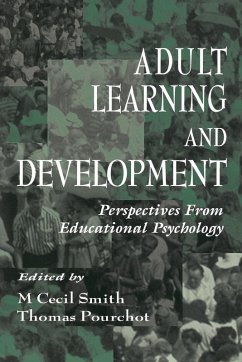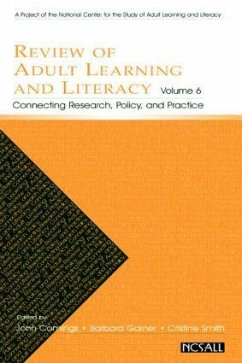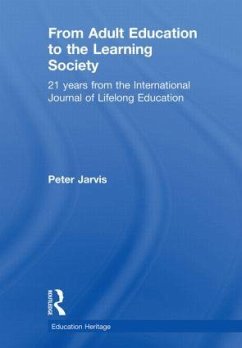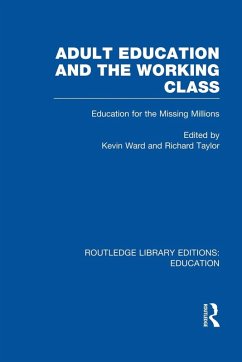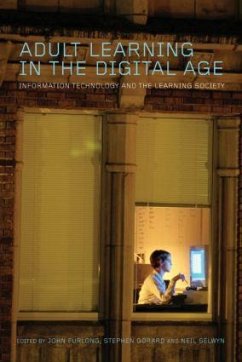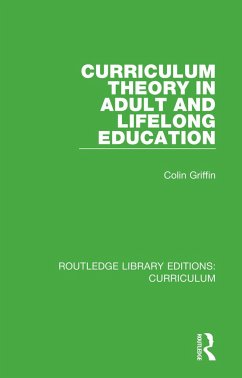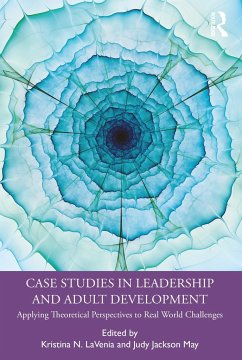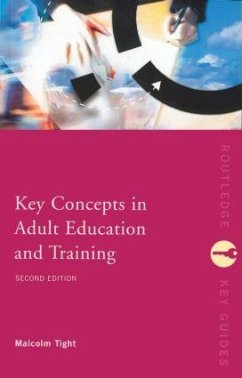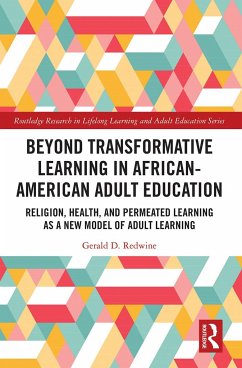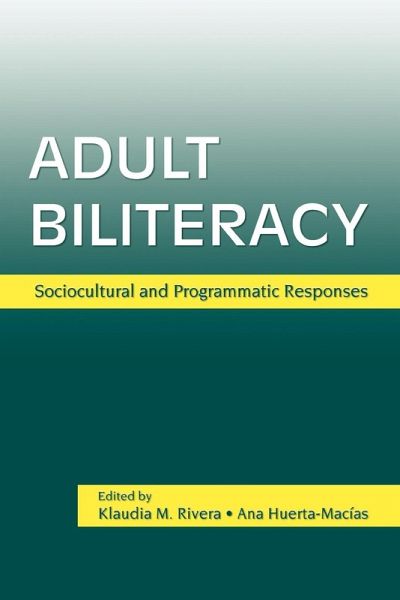
Adult Biliteracy
Sociocultural and Programmatic Responses
Herausgeber: Rivera, Klaudia M.; Huerta-Macias, Ana
Versandkostenfrei!
Versandfertig in 1-2 Wochen
60,99 €
inkl. MwSt.
Weitere Ausgaben:

PAYBACK Punkte
30 °P sammeln!
Offering an in-depth view of adult literacy/biliteracy by merging two fields-adult literacy and English as a Second Language?this volume brings to the forefront linguistic, demographic, sociocultural, workforce, familial, academic, and other issues surrounding the development of bilingualism and biliteracy by adults in the U.S. As such, it helps to fill a gap in the research literature on language development among adults which has traditionally placed more emphasis on the development of oral English. Most important, it brings to light issues that are integral to the success of immigrant popul...
Offering an in-depth view of adult literacy/biliteracy by merging two fields-adult literacy and English as a Second Language?this volume brings to the forefront linguistic, demographic, sociocultural, workforce, familial, academic, and other issues surrounding the development of bilingualism and biliteracy by adults in the U.S. As such, it helps to fill a gap in the research literature on language development among adults which has traditionally placed more emphasis on the development of oral English. Most important, it brings to light issues that are integral to the success of immigrant populations in the U.S.?issues that politicians, policymakers, educators, and employers must place at the top of their agendas as immigration reform is being formulated and implemented. Adult Biliteracy: Sociocultural and Programmatic Responses critically analyzes the assumptions that normalize monolingual and mono-literate approaches to adult education and to the teaching of English to immigrants and other language minorities in the U.S. By integrating theoretical principles with their applications, it furthers the discussion of the effects that bilingualism and biliteracy have on adult instruction. Applying research-based theoretical principles to the contexts in which adults learn, work, engage in civic participation, raise their children, and come together in community, this volume sheds light on the multiple ways in which adults use their first and second languages in the diverse sociocultural and educational contexts in which they function and learn in two languages. Highly relevant for researchers, professionals, and students concerned with second-language education, adult education, and applied linguistics, this book will particularly interest those whose work focuses on the education of immigrant and national language minorities.






